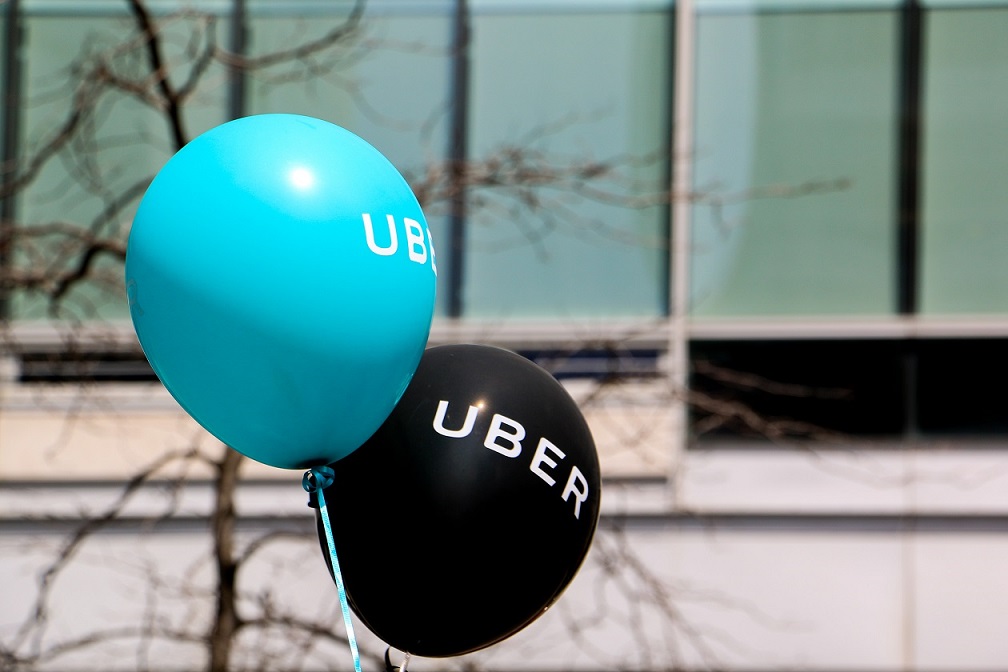
Employment status within the gig economy has been a hot topic over the past few years.
As most of our readers will be aware, at one end of the spectrum we have employees (with full employment rights); at the other, we have the genuinely self-employed (with no employment rights), and in the middle we have “workers” – who may be self-employed for tax purposes, but who, if contracted to deliver the services personally, are entitled to be paid the appropriate National Minimum Wage rate and to take minimum breaks and paid holiday.
Self employed or worker?
We now have the outcome of two cases – firstly Uber’s appeal against a tribunal ruling that found that its drivers were workers, and secondly, the Independent Workers Union of Great Britain (IWGB) v RooFoods Limited t/a Deliveroo – where the drivers were found to be self-employed.
So why the difference?
In the Uber case, the Employment Appeal Tribunal agreed that, when the Uber app was switched on, the drivers were “workers”, rather than independent contractors. The drivers had to be “able and willing to accept assignments”. Once accepted, they suffered a penalty if they cancelled a trip. Uber determines the fares for the journeys. The tribunal considered that, once logged onto the app, the drivers had little freedom or flexibility in the way they worked and that this indicated a “worker” relationship.
It has been reported that Uber intends to appeal and may try to do so directly to the Supreme Court (missing out the Court of Appeal stage) so the case can be heard together with a similar appeal by Pimlico Plumbers, due to be heard early this year.
So the Uber drivers were found to be workers, however, the Deliveroo couriers were not! The latter case, brought by the IGWB, was heard by the Central Arbitration Committee (CAC), as the union was aiming for recognition rights for collective bargaining purposes. These rights only apply to employees or workers, not to self-employed individuals. The CAC found that the couriers were self-employed. The revised and updated Deliveroo contracts (issued in May 2017) gave the couriers the right to send a substitute to do the work, both before and after accepting any particular job, and the couriers did in fact exercise this right. They, therefore, had more control. The couriers could work for competitors, and Deliveroo no longer requires them to wear its branded clothing (this is now optional).
Further guidance
For the time being, at least, the advice is: if you have self-employed contractors, take a close look, not only at your contractual documentation but at what actually happens in practice. If they are required to do the work personally, and you exercise a high level of control over them whilst they are working, then they are more likely to be workers. Note also that the chances of a claim are now much higher, given the high level of media coverage of this issue and the abolition of fees for employment tribunal claims.
Need HR support? Our HR consultants and advisors can help review your circumstances and provide you with practical support and advice. Call 0844 324 5840 or contact us online to find out how we can help your business.








